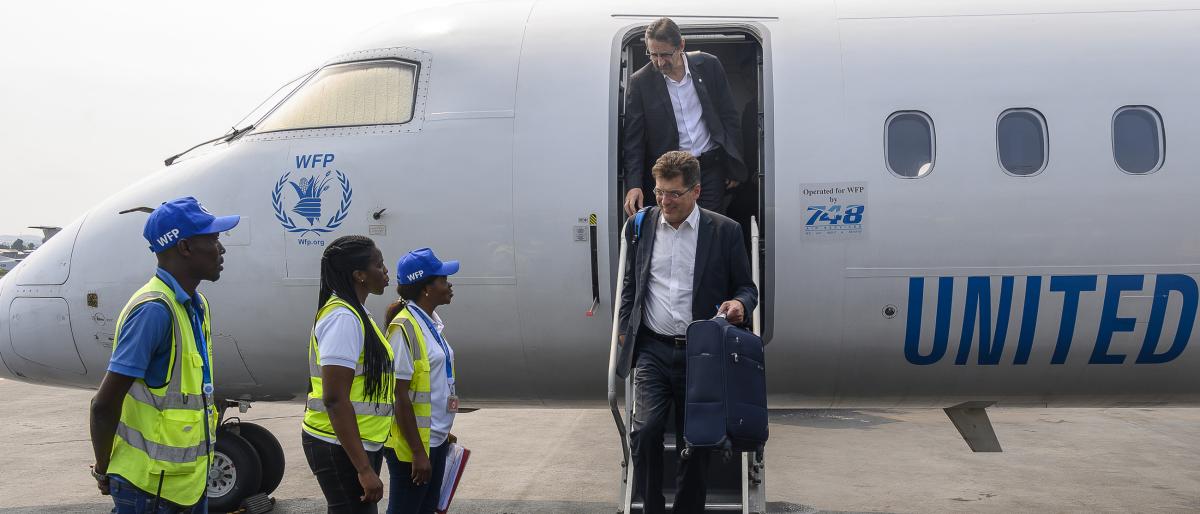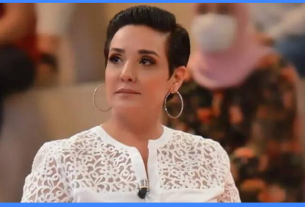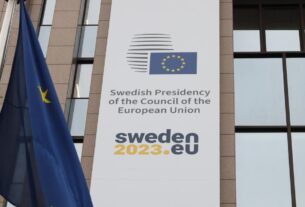On 16-19 June 2024, Commissioner for Crisis Management, Janez Lenarčič visited the Democratic Republic of the Congo (DRC), to see first hand the humanitarian crisis affecting parts of the country due to conflicts and violence.
During the visit, which included meetings with the authorities as well as visiting the troubled eastern part of the country, Commissioner Lenarčič announced the EU plans to provide close to €99 million in total in humanitarian assistance this year. This amount includes €35 million, subject to approval by the EU budgetary authorities.
The Commissioner met with President Félix Tshisekedi and Prime Minister Judith Suminwa Tuluka, expressing his grave concern about the humanitarian situation in the country and stressed the need for full respect of International Humanitarian Law by all parties – including on the protection of the civilian population.
Commissioner Lenarčič also reaffirmed the EU’s position calling for an inclusive dialogue, in particular between the DRC and Rwanda, to address the root causes of the M23 conflict and the importance of ensuring the respect of the sovereignty, unity and territorial integrity of all the countries in the region.
In Goma, Commissioner Lenarčič engaged with humanitarian partners and visited several projects funded by the EU in settlements hosting displaced people in eastern DRC, where he met with aid workers and people affected by the crisis. He commended the dedication of humanitarian organisations operating in the DRC under extremely difficult circumstances and reiterated the EU’s support for their crucial work.
Commissioner for Crisis Management, Janez Lenarčič, said: “The EU remains firmly committed to assisting the DRC deal with the disastrous humanitarian situation it faces. Already this year, our initial allocation for humanitarian aid is 35% higher than the initial allocation for 2023, and I am pleased to announce that I have just requested an additional funding of €35 million, allowing us to provide life-saving aid to the most vulnerable. At the same time, the EU is supporting the delivery of humanitarian aid with its Humanitarian Aid flights and, when needed, the organization of Humanitarian Air Bridge flights to hard-to-reach areas. In a world where a multitude of crises are competing for attention, the crisis in the DRC should not be forgotten: my visit to the country, the second one in the course of my mandate, also aims at ensuring the necessary visibility for the affected in this crisis.”
Background
Between conflict, poverty, malnutrition and frequent disease outbreaks, humanitarian needs in the Democratic Republic of the Congo (DRC) are among the highest in the world. There are currently over 7 million displaced people within the DRC – the second highest number in Africa, after Sudan.
More than 1 million Congolese refugees live in neighbouring countries. Given the instability in the region, the DRC itself hosts more than 500,000 refugees from neighbouring countries. Some 25.4 million people are acutely food insecure (over 1/4 of the population) due to the upsurge of violence, conflict and instability in eastern DRC and large internal displacement. According to the World Food Programme, an estimated 2.8 million children are acutely malnourished.
Gender-based violence (GBV) is a major concern in the DRC. In 2024, the EU developed a holistic GBV response strategy, presented during the European Humanitarian Forum of March 2024.



